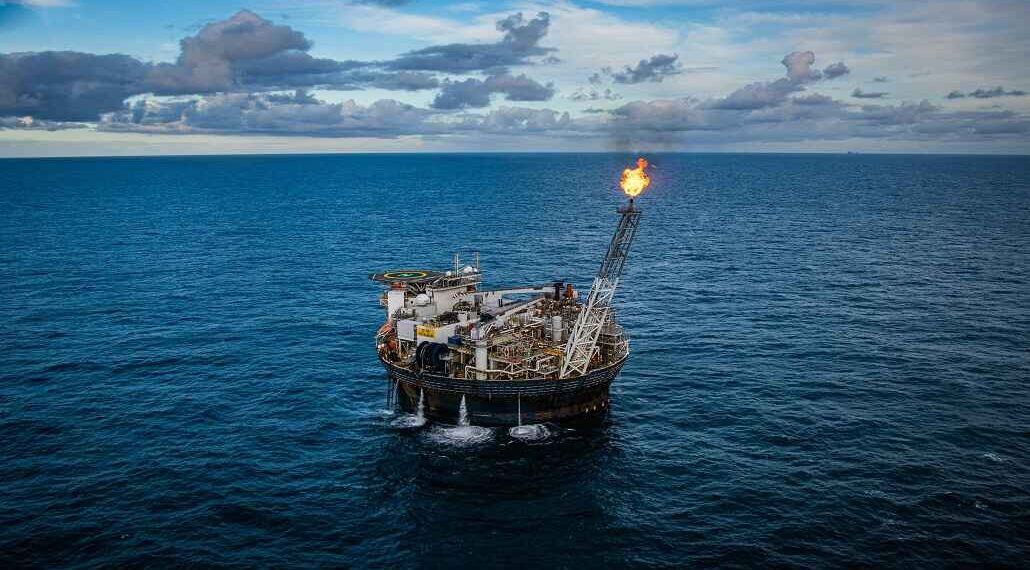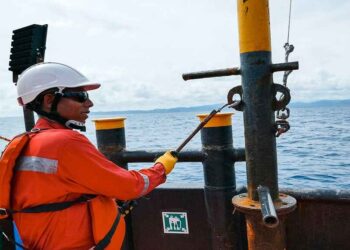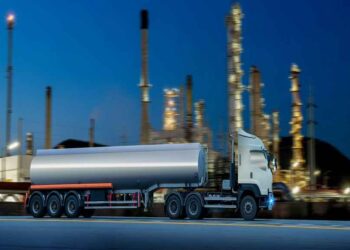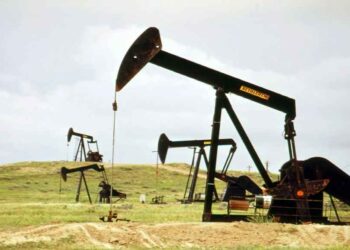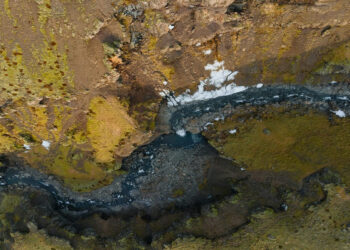The offshore oil and gas industry in Namibia is all set for a major growth in 2025, which is going to be driven by new licensing options as well as a jump in the drilling activities. The same was announced by Maggy Shino, the country’s petroleum commissioner, at a webinar that happened to be hosted by the African Energy Chamber, the Ministry of Mines and Energy as well as Wood McKenzie. This move is going to attract a new round of funding as Namibia goes on to cement its position as one of the very promising oil options across the world.
As per Shino, they happen to be operating in an open licensing regime, and they are expecting applications in no time. It was also noted that the acreage that’s available spans deepwater, ultra-deep water, as well as shallow water conditions.
In the meantime, the development happens to be pushing up on two of the most significant discoveries in the country. The Venus project by TotalEnergies in Block 2913B is on track when it comes to a final investment decision in 2026, with the new data confirming a much better density as well as permeability as against the blocks that are surrounding it. Shino, on Mopane’s discovery of the Galp, said that 3,500 km² of the high-density seismic data has already been collected so as to refine the estimates of volume and also make sure to advance the project toward a final investment decision.
As far as PEL 39 discovery from Shell was concerned, in which the company went on to write down $400 million, the commissioner said that Shell, as well as its partners, happen to be evaluating the data that’s coming out from the nine wells that have already been drilled just to make sure that they have gone on to design a pathway as far as the development is concerned and at the same time also determine the next steps.
It is well to be noted that the offshore basin of Namibia is very much unexplored in spite of the massive scale that it has. As per Wood Mackenzie’s Research Director—Sub-Saharan Africa Upstream, Ian Thom, the scale happens to be phenomenal as there is a 220,000 square kilometer offshore license acreage. With just above 20 exploration and also appraisal wells that have been drilled, this area happens to be enormously under-explored.
As per Senior Vice President of the African Energy Chamber, Verner Ayukegba, the resources definitely happen to be there, but the big question now revolves around sub-surface conditions, the content of gas, and how best to go ahead and ensure a commercialization of these discoveries.
Apparently, the drilling activities across Namibia is all set to see an upsurge in 2025 with 7 wells that are anticipated in the year. Notably, BW Energy has plans to drill at the Kharas prospect in the Kudu license, whereas Rhino Resources is still waiting for the results coming from 2 high-impact wells located in PEL 85. In the Orange Basin of South Africa, TotalEnergies is anticipated to drill across Block 3B/4B, and Shell may as well drill in the ultra-deepwater block situated near the Namibia maritime boundary.
As far as the Kudu license is concerned, Shino went on to state that BW Energy has already gone on to identify the new targets with a potential not just for gas but also for oil when it comes to the main area with a couple of wells planned by the end of 2025.
As the country moves towards its first oil production, the government happens to be committed in terms of ensuring that discoveries in petroleum go on to translate into long-term commercial advantages. They are indeed offering an environment that’s sustainably operational and making sure that all the discoveries that are made are in the race to first oil while at the same time making a tremendous impact even on the local economy.
The stable economy of Nigeria, the industry alignment that the country has, the respect when it comes to maintaining the sanctity of the contract, vast basins that are available for exploration, and also commitment when it comes to delivering energy resources that are sustainable position it as an attractive destination when it comes to investment.
The exploration boom in Namibia as well as the available licensing opportunities are all set to take the center stage at the African Energy Week—Invest in African Energies 2025, in which government leaders, industry executives, and also investors are going to discuss the recent developments. With most of the major discoveries advancing towards production and also fresh blocks opening for investment, African Energy Week goes on to offer unmatched access to major decision-makers who are indeed shaping up the energy future of Namibia.











































